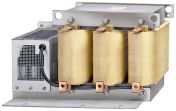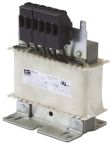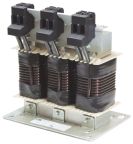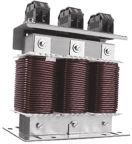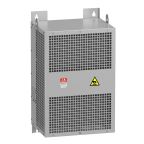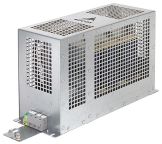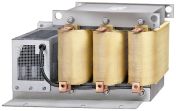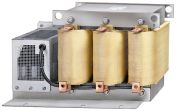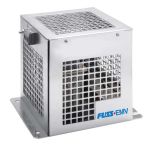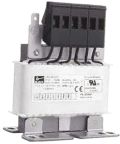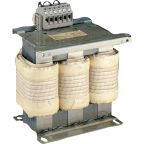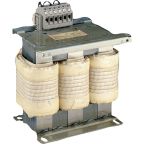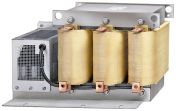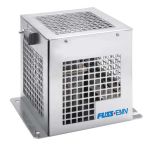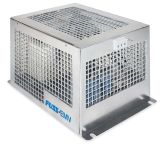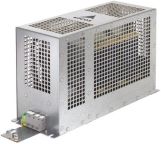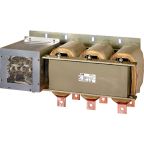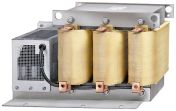Sine Wave Filters
Sine wave filters (also known as sinusoidal filters) are passive components used to provide electrical circuits with the correct frequencies to ensure optimal performance. They are low pass devices which means they let low-frequency signals pass but block or impede high frequency signals.
Circuits requiring longer cables usually have sinusoidal filters to convert rectangular pulse width modulation (PWM) signals into smooth wave voltage. This will prevent premature circuit damage and prolong the lifespan of AC motor drives by reducing stress on the motor's insulation.
What are sinusoidal filters used for?
Sinusoidal filters protect motor windings and bearings from damage due to voltage spikes, cable stripping, current loss and overheating. These filters are used in equipment such as pumps, ventilators, conveyors, compressors, elevators and cranes.
Types of sinusoidal filters
Enclosed or open panel versions exist:
- Enclosed filters come in pre-packed boxes and can be installed onsite for immediate use without any adjustments, mounting or wiring needed.
- Open panel filters are assembled leaving the back panel accessible for the user to mount and wire as preferred.
What are saw filters used for?
A Surface Acoustic Wave (SAW) filter is a filter with an electrical input signal that is converted to an acoustic wave by a transducer. The transducer has a series of metal electrodes which are used to create and receive the waves, so that an electrical signal is converted to an acoustic wave and then back to an electrical signal. Each filter is limited to a frequency between 50MHz and 3GHz. SAW filters are commonly used in many different industries including chemical, optical and thermal. Their ability to operate at a wide range of temperatures, generally between -25°C and 85°C, makes them appropriate for a variety of applications. They are commonly used in the digital industry in items such as mobile phones to make touchscreen displays.
The most common types of SAW filters are known as bandpass filters. These are generally small and offer a range of advantages, such as the ability to conduct during a relatively low-frequency operation.
